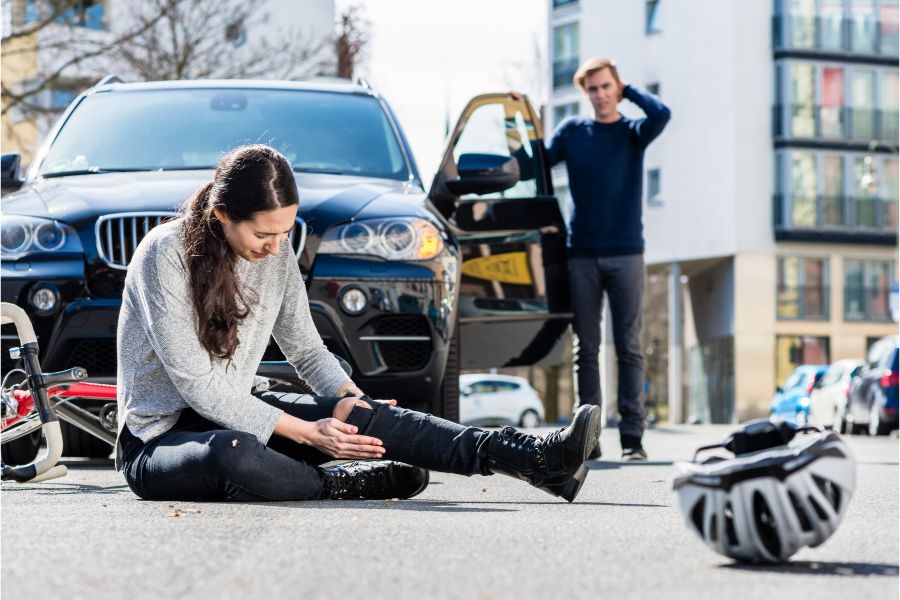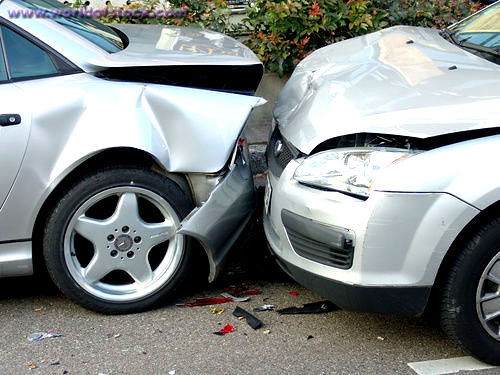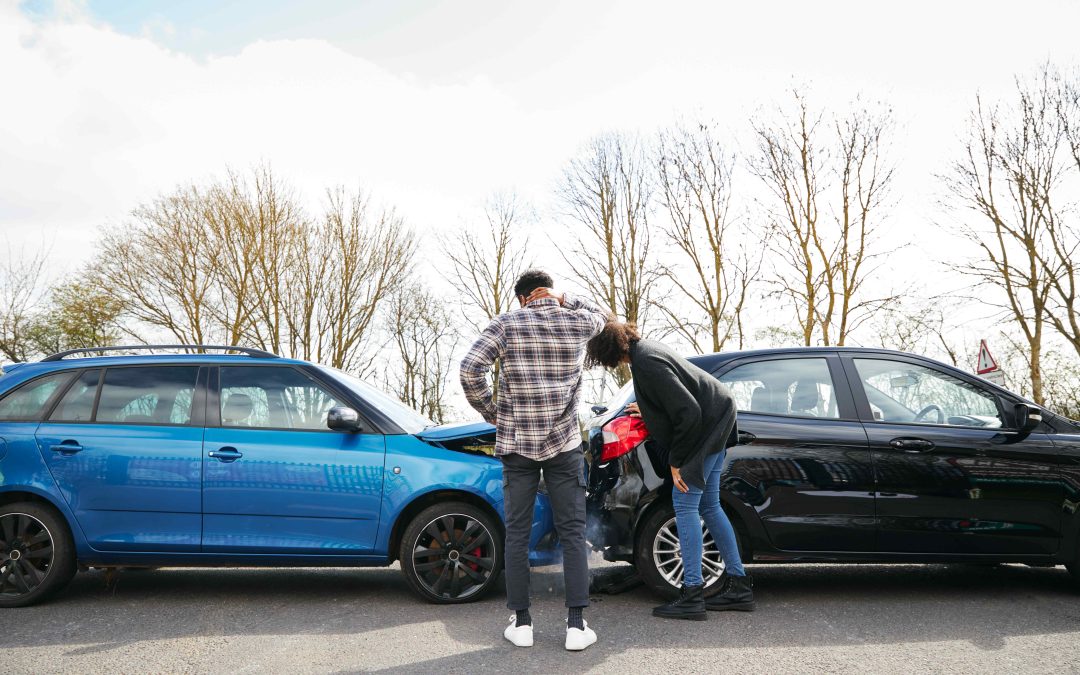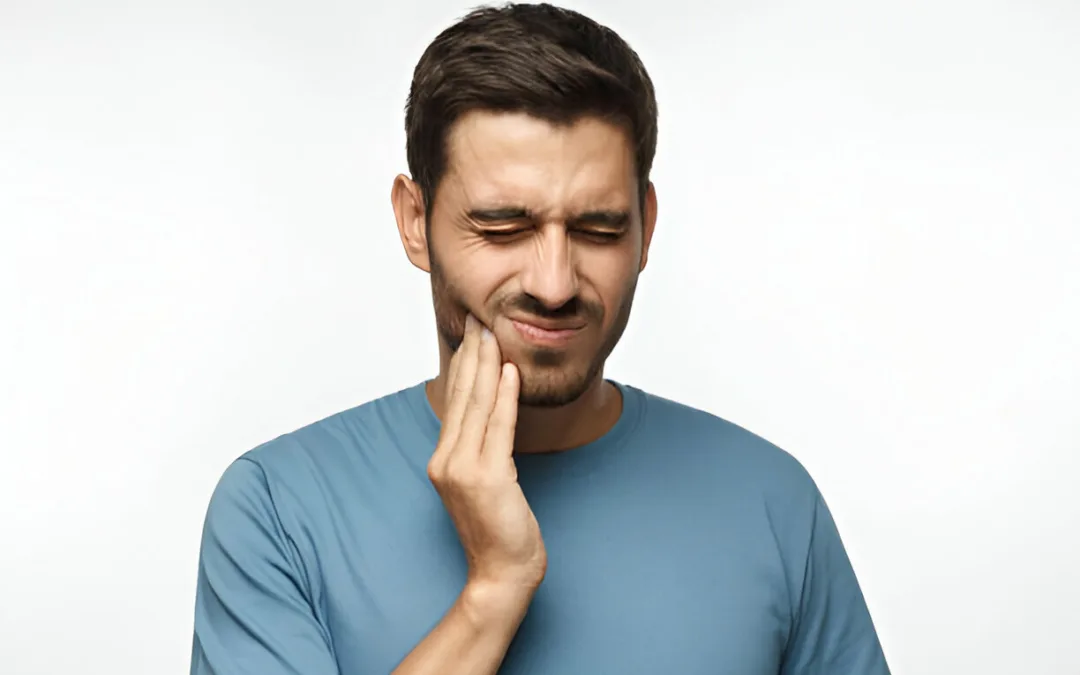
- Diagnostic codes for the assessed injuries;
- CPT Codes for the treatment modalities administered to the injured patient;
- Mechanism of injury (how did the particular incident “cause” the resulting injuries);
- Causation/allocation/apportionment (to what degrees are the “symptoms” caused by the subject incident, as opposed to the degree that pre-existing conditions have been “aggravated” by the particular incident, etc.;
- Discussing recommended current and/or future restrictions because of the injuries;
- Discussing if the patient will “more probably than not” require any additional care in the future.
1) Governmental Health Plans such as Medicare, Medicaid, and AHCCCS
These pay the provider a fraction of a provider’s billed charges. The provider must accept such payments in full and cannot balance bill an injury settlement. The injured patient owes nothing to the provider unless their particular plan allows for co-pays and deductibles. The health plan is entitled to reimbursement from any injury settlement, but the plan will often be reduced by your “cost of recovery” (your percentage of attorney fees). It can be hard to get treatment for accident injuries through such health plans, but if you can, the potential financial windfall to you can be huge since they pay a fraction of billed charges and will reduce, while the providers cannot balance bills.
2) Self-Funded ERISA Health Plans
These plans are offered through employers. Instead of buying health insurance with your premiums, they pool the premium monies collected and retain a third-party administrator to pay employees’ medical claims from that pool of money. These providers are also entitled to reimbursement and are often not obligated to reduce what they are owed (whether they must, or even may reduce, is dependent on the specific plan language). Since providers may also balance bills, it may be better to treat on a lien.
3) Private Health Plans
These plans may be offered through your employer, but individual health plans you may procure yourself are also private health plans. Such plans are NOT entitled to be reimbursed from any injury settlement, so treating through such a plan could increase your net in-pocket recovery upon settlement.
In reality, every case is fact-specific and different, so we encourage you to consult with an attorney to discuss your options and rights after any accidental injury.
Our Lebovitz Law Group attorneys have several years of experience in handling car crash cases and a long list of successful cases in their portfolios. With us, you don’t have to pay us unless we win the case. So, call us today for a FREE consultation.
Sort by Category
Related Posts

Understanding Arizona’s Car Seat Rules
Understanding Arizona's Car Seat Rules is crucial for every parent and caregiver. These regulations are designed to ensure the safety of young passengers, which can significantly reduce the risk of injury in case of an accident. This article aims to provide a...

Does the Government Tax Money from Lawsuit Settlements?
Does the Government Tax Money from Lawsuit Settlements? Lawsuit settlements can be a source of financial relief, but it's important to understand the tax implications so you're not caught off guard during tax season. Government taxation of lawsuit settlement funds is...

Can I sue if I get whiplash from a car accident?
A whiplash injury is a neck injury caused by the sudden back-and-forth motion of the head, commonly seen in car accidents. This type of injury can lead to significant pain and discomfort, often making it difficult for victims to go about their daily activities. If you...

When the At-Fault Driver Has No Car Insurance: Your Options for Compensation
Being involved in a car accident can be a stressful experience, especially when the at-fault driver lacks car insurance. This scenario raises concerns about securing compensation for damages and injuries. Key takeaway: In this article, we will discuss the options...

Did You Know This About Workplace Harassment Laws?
Workplace harassment is unwelcome behavior significantly disrupting an employee's work environment or personal well-being. When this behavior is based on protected characteristics like race, gender, or religion, it not only affects the individuals targeted but also...

Did Your Dentist Make a Mistake? How to Know When to Call a Dental Malpractice Lawyer
Dental malpractice is a sad reality that can have serious consequences for patients. It includes things like surgeries gone wrong, incorrect diagnoses, faulty dental devices, and mistakes in giving anesthesia. As a patient, you trust your dentist to give you safe and...
